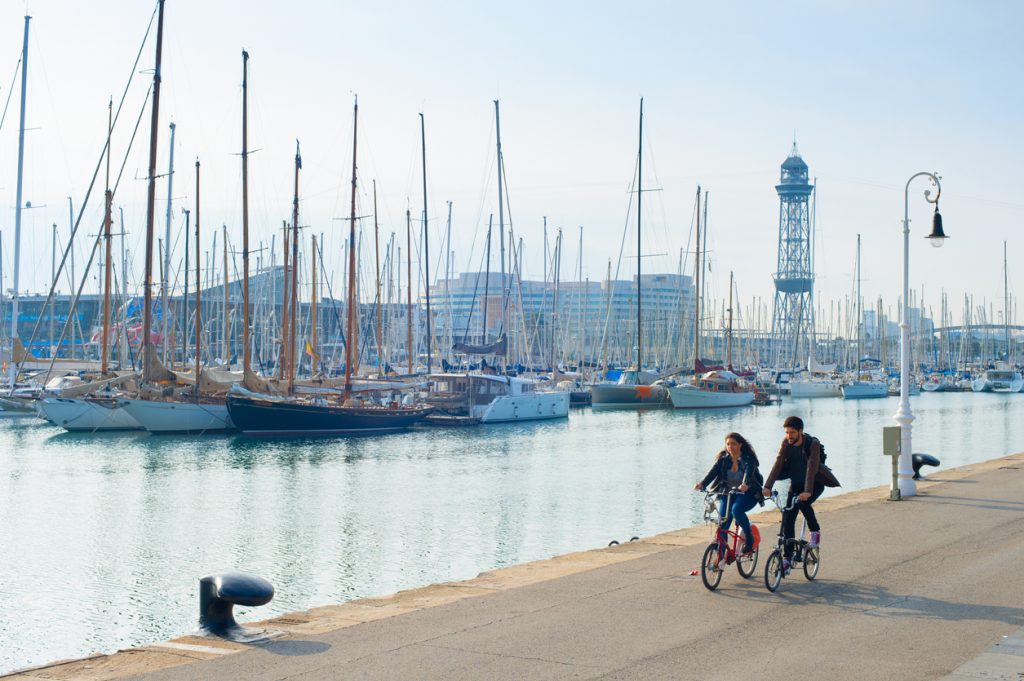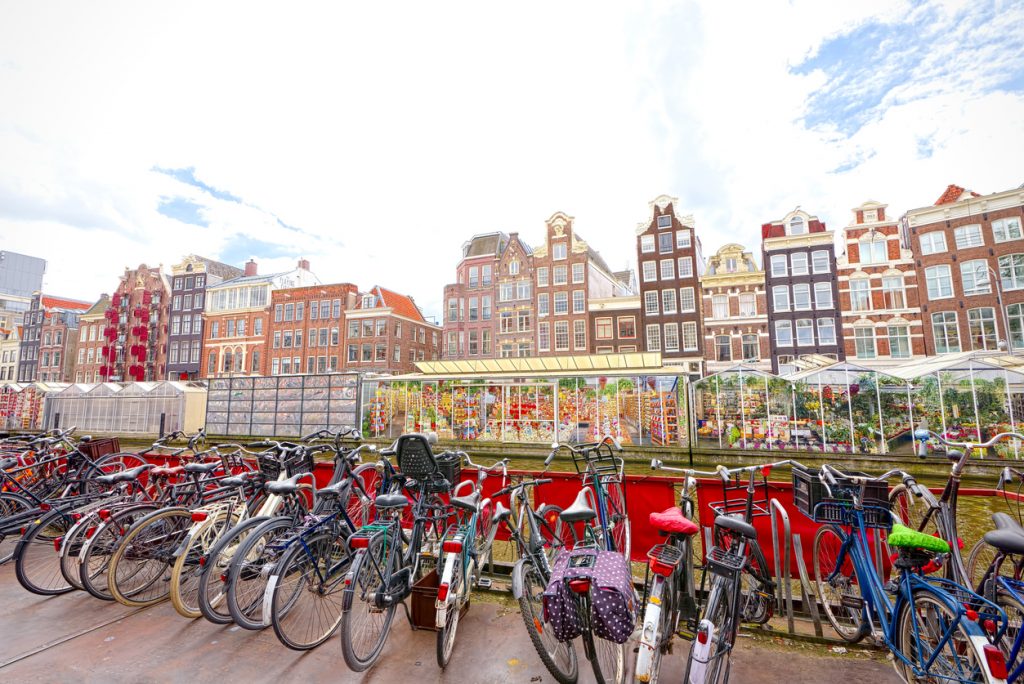Green awareness is now an unstoppable tsunami. Mobility in cities is an essential bastion in controlling gas emissions into the atmosphere. But, of course, there are cities where citizens are more conscious than others. The use of bicycles is also a reliable indicator to know which cities are most efficient and more committed to preserving the planet.
Since 2011, the urban design consulting company Copenhagenize Design Company has published a biennial index ranking the most bike-friendly cities on planet earth.

The Copenhagenize Index 2019 is drawn up using specific parameters such as the number of kilometres of cycle lanes, plans to focus on cycling and commitments made by corporations in different cities, and is an excellent indicator to see the introduction of bicycle use in different parts of the world and its acceptance among the population.
The index has gained prestige and distinction among the media, political establishments and all kinds of sociologists.
Here are some of the top 20 cities from the 2019 index.
The most committed, Copenhagen
Although most people have another city in mind when we think about bike friendliness, Copenhagen retains the top spot in 2019. Sustained investment in bicycle infrastructure for a number of years and a spectacular rate of use gives Copenhagen a very narrow margin ahead of Amsterdam.
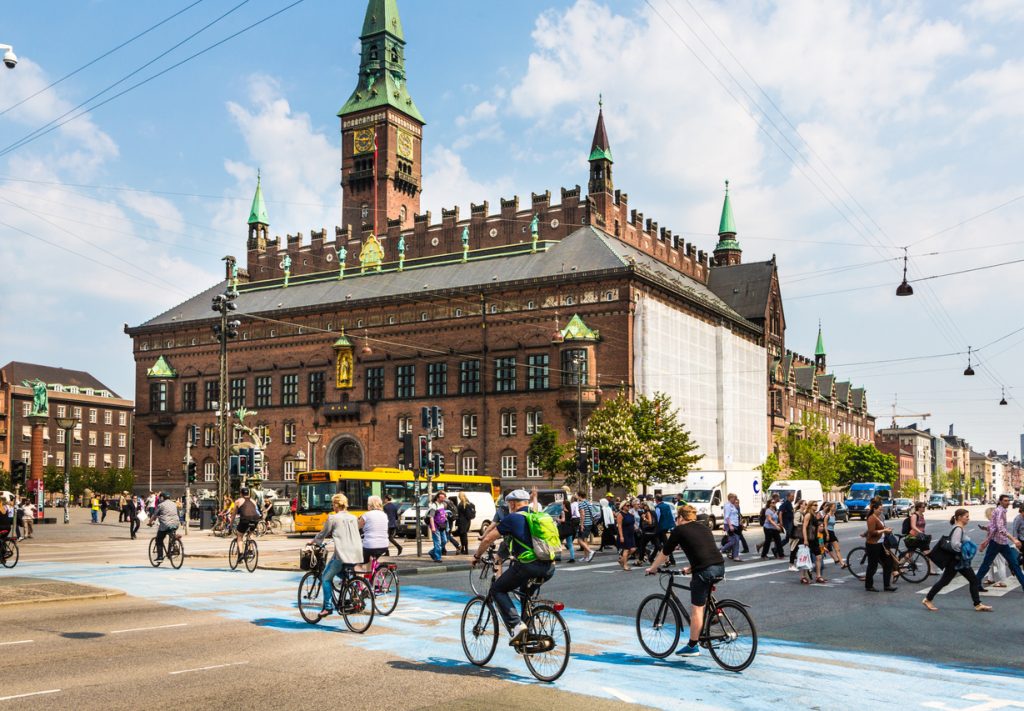
However, this is by no means a flash in the pan as Copenhagen has held the coveted top spot since the index began back in 2015.
The classic everyone expected
The capital of the Netherlands, Amsterdam picked up the silver medal in the 2019 ranking. The Dutch capital is world-famous for its bicycle-friendliness, with more than 880,000 bicycles in use in the city centre.

It’s also important to note that the city boasts 400km of well-signposted cycle lanes, and also that almost 60% of the city’s population make cycling their primary method of transport.
The Netherlands rules…
In third place in this year’s index, we have another city in the Netherlands, Utrecht. Year after year, the city embraces innovation to push the boundaries of cycling culture.
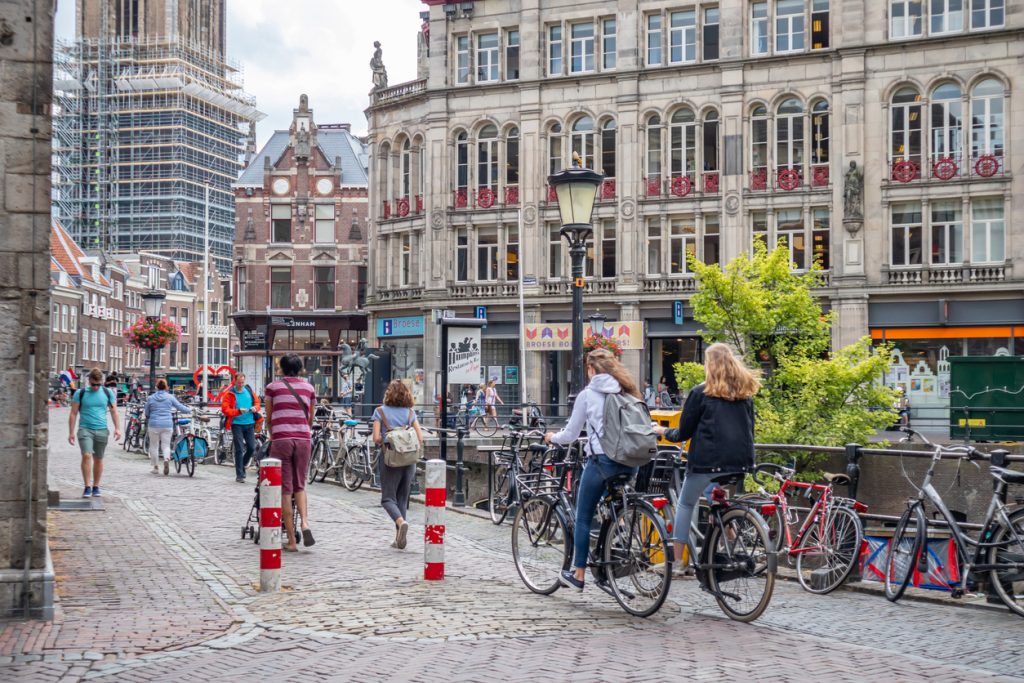
Utrecht has dedicated fast lanes for electric bikes, smart traffic signals and its bicycle parking capacity is steadily increasing. It also aims to double the use of bicycle commuting traffic by 2030.
Viva la France!
Strasbourg is the top French cycling city in the index and has managed to significantly expand its cycle lane network beyond the city centre.
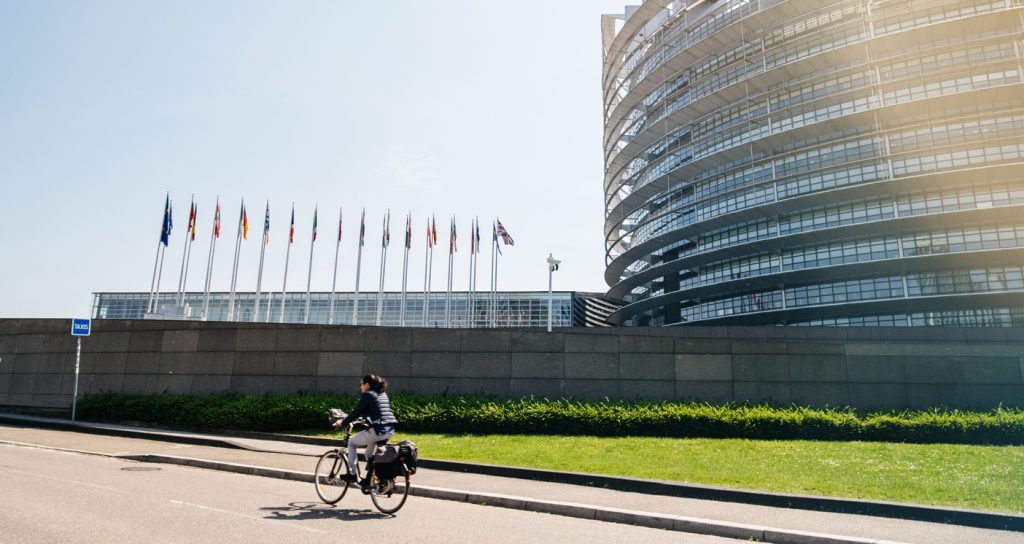
It has also been successful in implementing many programmes to promote the potential of cargo bikes, a strategy which has been recognised in several international forums on sustainable mobility.
Paris is also getting into gear. Buses and bikes have been sharing lanes in the city for years, but, now, bikes will have their own dedicated lanes – including special facilities on the Champs-Élysées.
The Colombian example
We now head to the other side of the pond, to the city of Bogota. Ok, traffic is horrendous in the city, and the air quality leaves a lot of room for improvement. But that doesn’t mean that it doesn’t deserve to be included in the Danish ranking.
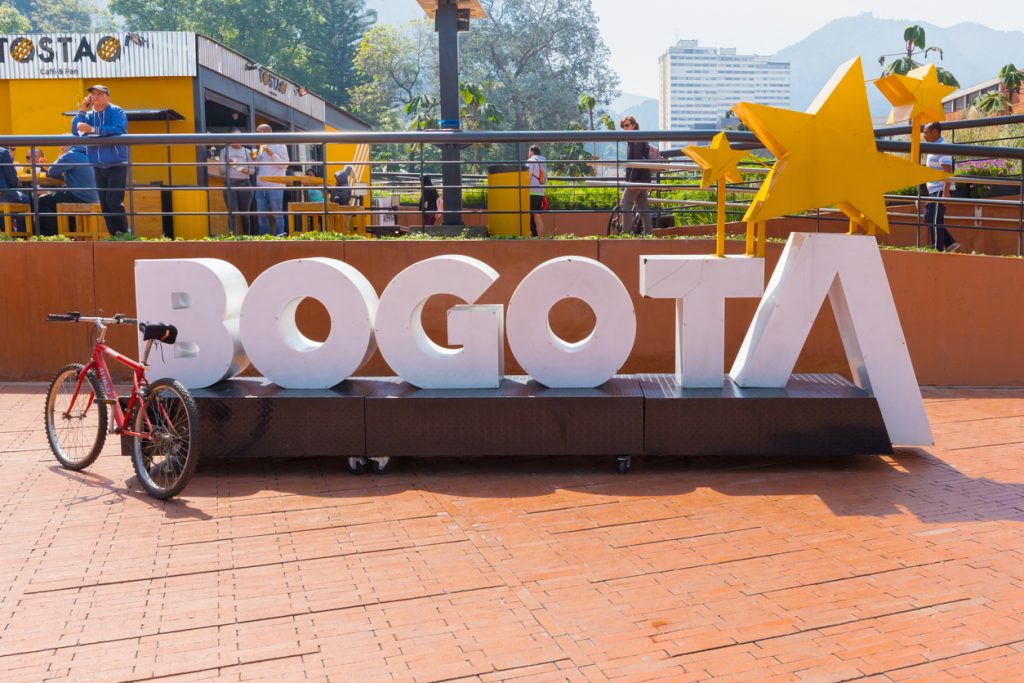
Bogota has become world-famous for popularising the Ciclovia – a weekly Sunday activity that sees more than 100km of city streets closed to cars so citizens can take over the Colombian capital on their bikes.
Canada couldn’t be left out
Montreal is the only North American city to have featured in the Copenhagenize Index every year since 2011. Its latest project is the Reseau Express Velo – a network of 184km of uni-directional cycle lanes.
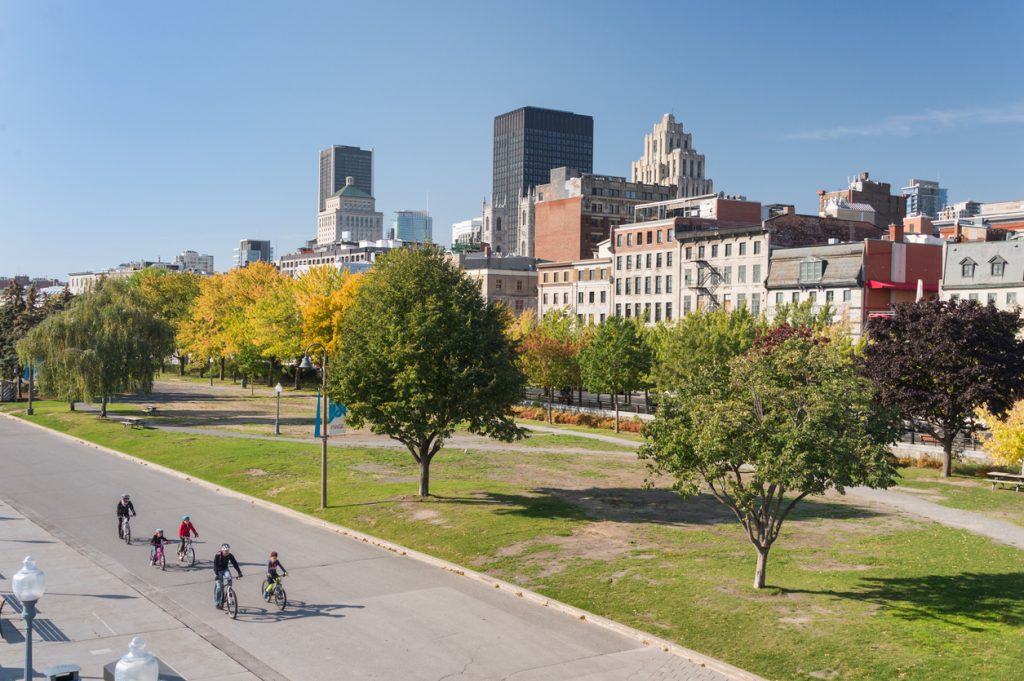
What about Spain?
Barcelona is the only Spanish city to appear in the ranking. Barcelona has cemented its position among the top 20 cities for eight years in a row, thanks to the continuity of its policies in favour of the use of bicycles.
